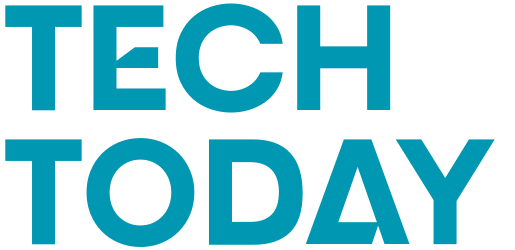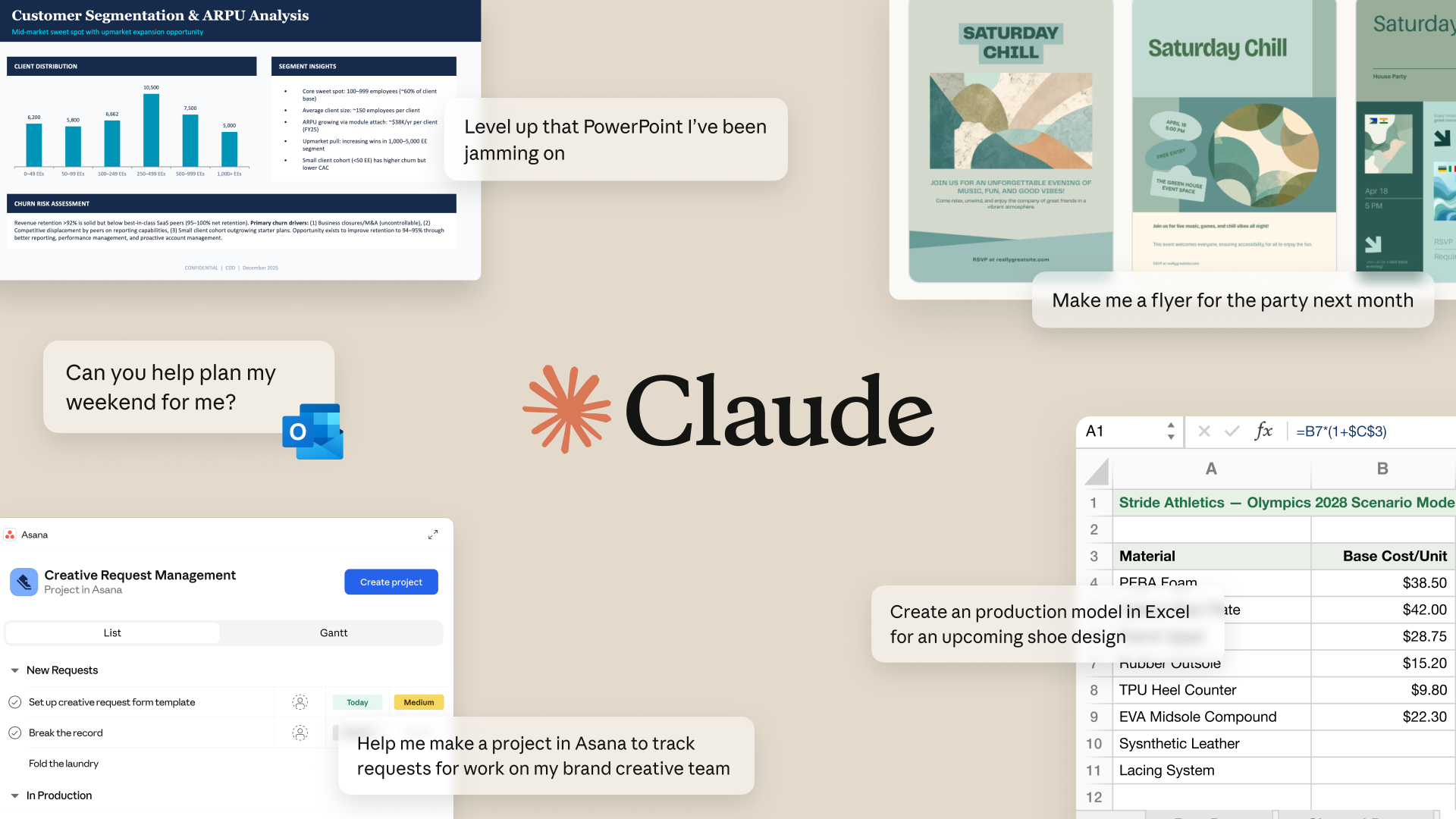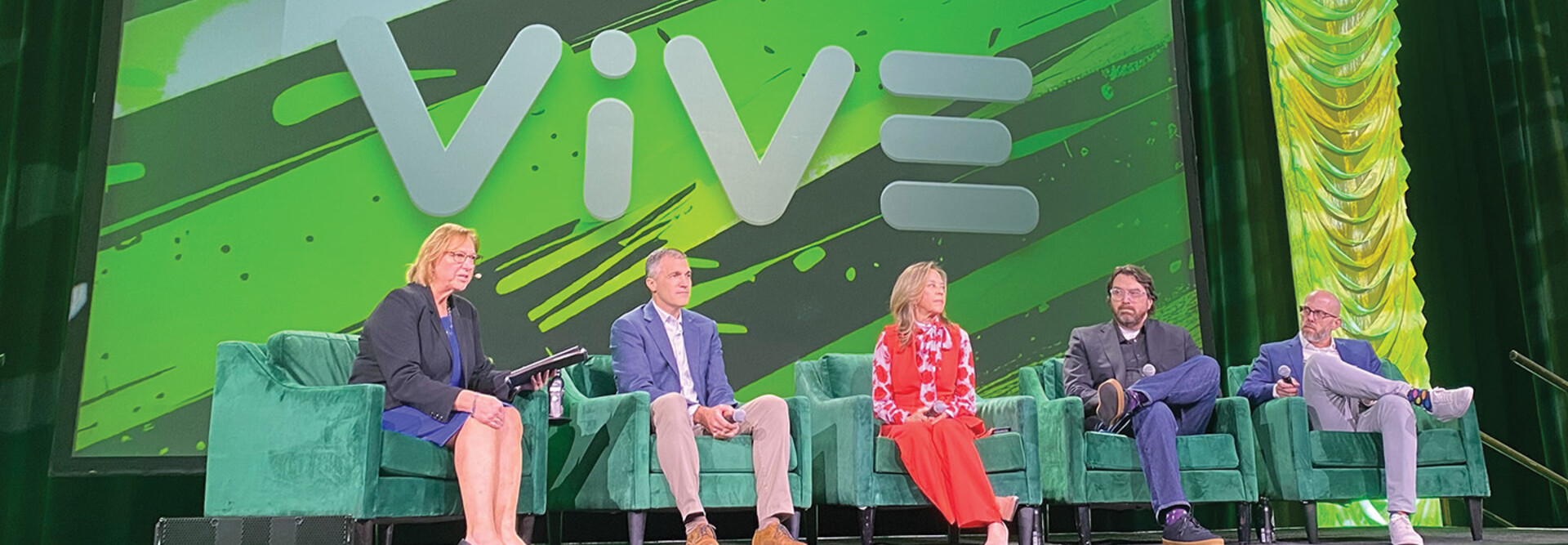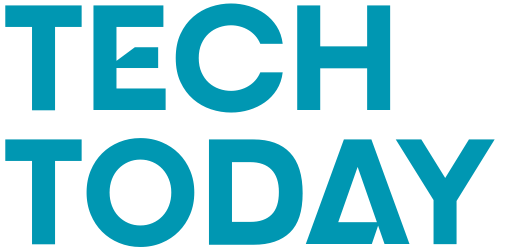
In an era where artificial intelligence (AI) and automation are transforming industries at a rapid pace, many people question the relevance of traditional higher education. With robots replacing manual jobs and AI systems taking over repetitive cognitive tasks, skeptics argue: Is college still worth it?
The short answer is yes — higher education still matters more than ever, but for different reasons than it did a generation ago. Instead of being a simple pathway to employment, it now serves as a foundation for adaptability, critical thinking, and innovation in an AI-driven world.
📌 Why Higher Education Remains Relevant
1. AI Creates New Opportunities — Not Just Job Losses
Automation does eliminate repetitive tasks, but it also creates new industries and roles. For example:
- AI Ethics Specialists guide responsible use of technology.
- Data Scientists interpret vast amounts of machine-generated data.
- Human-Centered Designers build user-friendly tech solutions.
Higher education equips students with the analytical and problem-solving skills necessary to excel in these emerging careers.
👉 For more insights, see the World Economic Forum’s report on the future of jobs.
2. Soft Skills Can’t Be Automated
AI excels at data processing but struggles to replicate human qualities such as creativity, empathy, and ethical judgment. Employers increasingly value:
- Critical thinking
- Collaboration
- Emotional intelligence
- Leadership
Universities provide an environment where students learn these soft skills through teamwork, debates, projects, and cultural exchange.
3. Interdisciplinary Learning Builds Resilience
Modern problems — climate change, cybersecurity, and healthcare innovation — require interdisciplinary knowledge. Higher education allows students to combine diverse fields, like:
- Computer Science + Psychology (AI in mental health)
- Engineering + Environmental Studies (green technologies)
- Business + Data Analytics (AI-driven decision-making)
Such cross-disciplinary expertise is hard to gain outside structured learning systems.
4. Research and Innovation Hubs
Universities are not just about teaching — they are innovation engines. Some of the world’s biggest breakthroughs, like the internet and CRISPR gene editing, originated in higher education labs.
With AI advancing rapidly, universities remain the best places to conduct research in areas such as AI safety, renewable energy, biotechnology, and space exploration.
5. Networking and Social Capital
One overlooked benefit of higher education is access to networks of peers, alumni, and mentors. In the job market, connections often open doors that skills alone cannot.
These networks are vital in industries disrupted by AI, where collaborations often lead to new startups and research projects.
6. Lifelong Learning and Adaptability
Universities now focus on lifelong learning. With AI reshaping job roles every few years, continuous upskilling is essential. Higher education institutions increasingly offer:
- Online learning modules
- Micro-credentials
- Blended learning opportunities
This ensures graduates are future-ready no matter how industries evolve.
📊 Statistics That Prove Higher Education’s Value
- According to the OECD Education at a Glance Report, adults with higher education earn 57% more on average compared to those with only secondary education.
- The World Bank notes that tertiary education drives innovation, economic development, and inclusive growth.
- A Georgetown University study predicts that by 2031, nearly 72% of jobs in the U.S. will require postsecondary education.
These numbers prove that education is not becoming obsolete — it’s becoming a prerequisite.
🧩 Case Studies: Where Higher Education Meets AI
1. Stanford University – AI Research Labs
Stanford’s AI Lab has produced innovations used in healthcare, robotics, and driverless cars, showing how higher education drives real-world progress.
2. MIT – AI and Ethics Integration
MIT integrates ethics courses into AI programs, preparing graduates to handle the moral implications of automation.
3. Indian Institutes of Technology (IITs)
India’s IITs are producing global leaders in tech and entrepreneurship, many of whom are building AI-based startups.
These examples prove that higher education isn’t outdated — it’s evolving to remain at the heart of global innovation.
🌐 Addressing the Critics
Myth 1: “AI will replace degrees.”
Reality: AI complements education by providing tools like personalized learning assistants, but it cannot replace the human mentorship, cultural exposure, and critical thinking nurtured in universities.
Myth 2: “College is too expensive, and online courses are enough.”
Reality: While online learning is valuable, degrees from reputed institutions carry credibility, networking opportunities, and comprehensive exposure. A mix of both is ideal.
Myth 3: “Vocational skills are enough in the AI age.”
Reality: Vocational training provides immediate employability, but without higher education, individuals may struggle to adapt to long-term shifts in the job market.
🔗 How Higher Education and AI Can Work Together
Instead of competing, higher education and AI can reinforce each other:
- AI in Classrooms: Personalized tutoring and data-driven student support.
- AI in Research: Accelerating discoveries in medicine, climate science, and engineering.
- AI in Administration: Streamlining admissions, grading, and resource management.
👉 Explore how UNESCO is reimagining education in the age of AI.
🌟 The Future of Higher Education in an Automated World
Looking ahead, universities will need to:
- Update curricula regularly to keep up with AI advancements.
- Strengthen partnerships with industries for real-world learning.
- Focus on global citizenship, sustainability, and ethics alongside technology.
By doing so, higher education will not just stay relevant but also become essential for human progress in the AI era.
The age of AI and automation is not the end of higher education — it’s a call to transform it. While AI can replace repetitive tasks, it cannot replicate human creativity, empathy, and innovation. Higher education continues to serve as a foundation for critical thinking, research, and lifelong adaptability.
In fact, the question is no longer “Is higher education worth it?” but rather “How can we make it more relevant in the AI-driven future?”
As industries change, a well-educated population remains the world’s best defense — and greatest asset — in ensuring technology serves humanity.
Also Read: Future-Proof Careers: Top Degrees AI Won’t Replace













